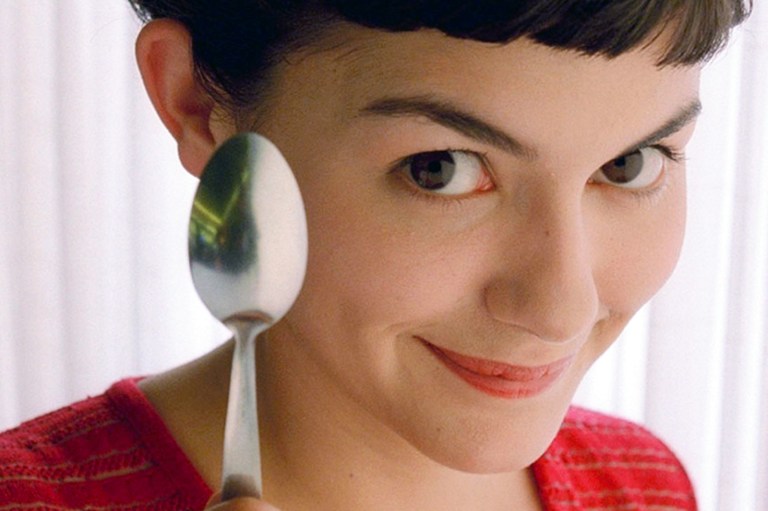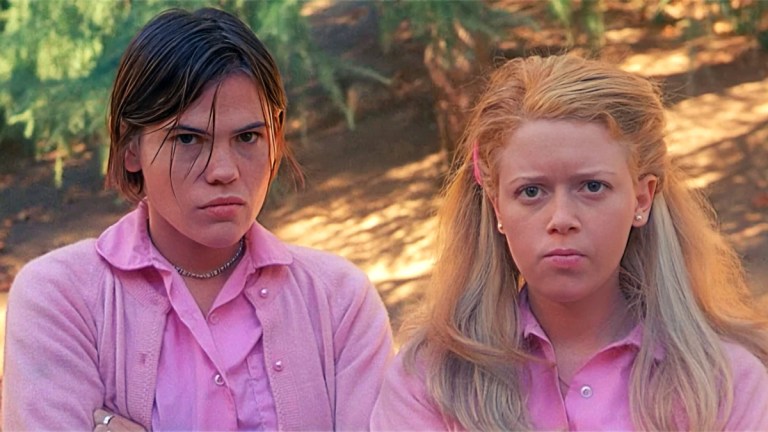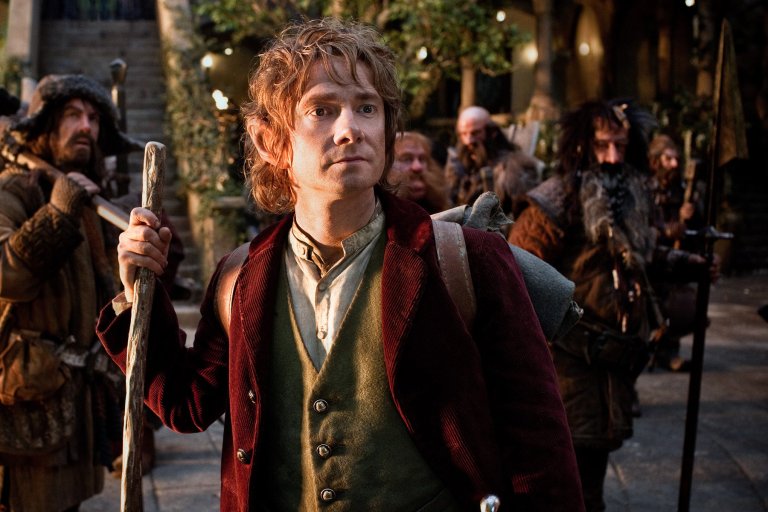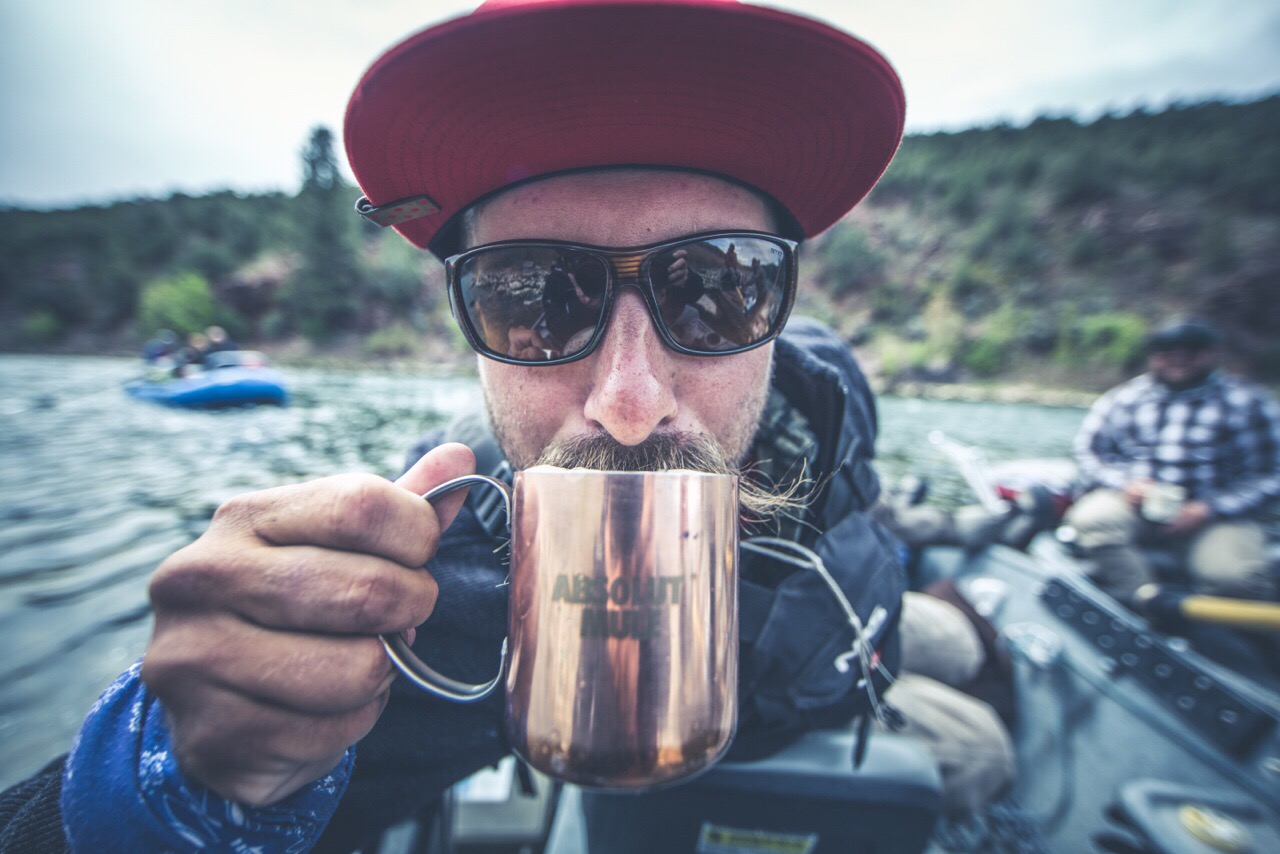
20 Life Changing Lessons I Learned From Traveling The World
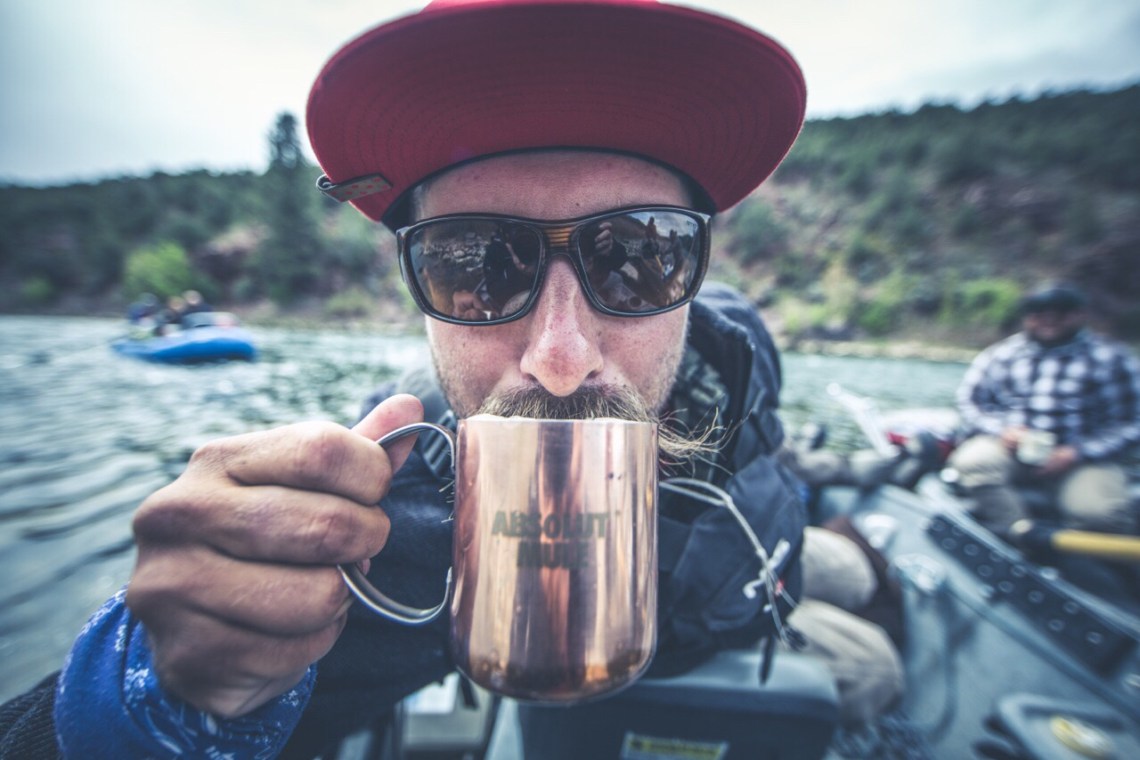
A couple years ago, I traded my cushy urban lifestyle for the life of a nomad — and then got scammed and mugged and eaten by bed begs. Many of my expectations were dismantled. I experienced a general sense of exhaustion.
But I also saw a handful of brilliant sunsets and tasted some new foods and climbed tall a mountain (or two). But perhaps best of all, I met people who told me, through their generous actions, that the world is a benevolent place.
Here are twenty of my biggest lessons from travelling the world.
On Practicalities
1. The cheapest ticket is not always the best option. I purchased a dirt-cheap ticket from Lima to Buenos Aires that featured an 8-hour layover in La Paz, Bolivia. Little did I know that — at 4061 metres of elevation — the La Paz airport is one of the highest airports in the world. I slept on a cement floor, and then spent the next two days recovering from altitude sickness. Splurging an extra $100 for the direct flight and sidestepping the sickness would have been the better option. Not all costs are financial.
2. Trains and boats are the best way to go. You probably already know this. But I thought I’d say it anyway. The pace of travelling via rail or water is incredibly pleasing. And even better, dare I say, is walking. But it’s hard to walk from Canada to Morocco. I prefer to take a train. Obviously.
3. Use protection when you crawl in the sheets. I’m not talking about condoms here. I’m talking about a silk sleeping bag liner or anything else what will protect you from bed begs. We have a global pandemic happening, and even the cleanest of hostels is not immune. Those little bastards are hungry. I was victimized in Buenos Aires. You don’t have to be. Use protection.
4. Make sure you have a “fuck up” fund available. My travels are generally trips of austerity and simplicity. But I always seem to end up spending more money than I initially plan. This has to do with that “you might NEVER get this opportunity again” way of rationalizing adventure. When you’re planning your travels, make a budget, and then times it by two. And if you don’t necessarily have the cash yet, remember that (sometimes) a bit of debt is worth it.
On People, Culture & Connection
5. Eat a bit of everything. If you’re in Peru and refuse to sample a bit of roasted guinea pig because you think it’s “icky” or “weird,” then you might as well stay home and avoid feeling uncomfortable. As a human species, we have eaten basically everything that walks, crawls or grows. Besides, turning your nose up at culinary offerings is deeply rude. Try a morsel. It won’t kill you.
6. People want to share their stories, and hearing them is the best part of travelling. We are wired to share our experiences. The evidence of narrative sharing ranges from eastern storytelling practices to western social media engagement. Unfortunately, as we’ve evolved, we’ve constructed the concept of “difference” based on nationality, race, gender and other dimensions of diversity. And these differences cause us to be suspicious of others, and subsequently less likely to share. But if I am able to establish trust, it’s amazing how the differences can dissolve. And for me, there is nothing more representative of the core purpose of travelling than the exchange of stories.
7. Humour is one of my greatest tools to build trust. Sometimes I’m a big goofball. This is never more apparent then when I’m in front of a class teaching an English lesson. I can be a complete ham. Why? Because speaking a different language is scary – we fear looking stupid. Being a jester is a strategic way to lighten hearts, both in and out of the classroom. I’ll feign masculinity for a laugh. I’ll dance like a buffoon for a giggle. I’ll attempt to speak local languages. A person’s sense of humour and his or her trustworthiness are often correlated.
8. If you want humility or generosity or humour from your travels, try being a humane and kindhearted and funny traveller. This probably sounds pretty darn obvious. But I find myself returning to the basics, especially when my travels seem taxing. We get back what put out into the world. I get back what I put out into the world. *repeat until clear*
9. The world is really, really, really small. We are evolving quickly. When I was an 18-year-old backpacker, traipsing through New Zealand during the turn of the millennium, I jammed to a yellow Sony Walkman and I connected to my family once every couple of weeks via a group email. Now I have a smartphone where I can stream songs endlessly and video chat daily. What it means “to travel” is changing drastically. Epic voyages are an increasing rarity. The world is only getting smaller.
10. I am fortunate to be able to cross boarders with ease. Citizenship is a determinant that I hadn’t given much thought before travel. But as I move across borders, the privilege of my nationality becomes apparent. To tour the world takes some financial saving, but it also requires a passport that reflects diplomatic neutrality.
On Types of Trips
11. Short-term international volunteer work is highly romanticized and rarely impactful. Chances are your three weeks stint in a Ghana orphanage is more about fulfilling your own agenda then “saving the children.” Unless you have a year (or more) to give to a social-based development project, it’s doubtful that you’ll have long-term impact. This doesn’t necessarily mean you shouldn’t participate in short-term volunteer projects. But go forth with realistic expectations — and clear intentions about who’s really benefiting.
12. Travelling alone is the best type of travel. I spent four days hiking in New Zealand alone, and it was one of the most rewarding experiences of my life. It forced me to be self-reliant and to develop an internal conversation. (It turns out I’m totally hilarious.) Also, as a solo traveler, when in social spaces such as hostels, I find myself more open to interacting with other people, thus making new friends and learning about other places in the world. See the world alone. You’ll never be alone.
13. Travelling with people is the best type of travel. There is something extremely rewarding and deepening about travelling with a friend. Like when you’re in Costa Rica and you happen to contract a gut-cleansing form of food poisoning on New Years Eve, and you violently retch up the evening’s seafood pasta and beer, and this person ensures that you’re not dying. True story. But seriously, the jokes and the memories made on the road are the type of things that solidify friendships. Grab someone who shares your thirst for adventure, and hit the road. We’re better together.
14. It’s okay to drift. It’s okay to stay put. The great thing about transferring to a different destination every few days is that I’m able to cover much ground, and thus able to form a comparative analysis of a country. However, there are benefits to staying in one location. The potential for developing meaningful relations is greater. Ultimately, you’ll decide what is more important. Perhaps the talented traveller finds the perfect balance between drifting and staying put.
On Being a Good Traveller
15. I need to put the damn camera away. I am guilty of wanting to share every awesome detail with my family and friends. This 21st century behaviour to share travel images comes from an innocent enough place. But each time I reach for the camera, I switch out of “being in the moment” to “documenting the moment.” It’s okay not to record everything. Be there.
16. It’s okay to look like a tourist. I used to be allergic to the image of a group of westerners looking lost with with fancy cameras and safety belts strapped to their bodies. But guess what? I’m a tall, pasty white man, and most folks are going to put me in the exact same category. So maybe I should get over my ego and surrender the idealism of flawlessly blending in with the locals. I am what I am.
17. Sometimes you just have to walkaway. Head for the door. I’ve highlighted a bunch of gooey stuff like “trusting people” and being “kindhearted”. Those words are valid. But if I ever feel unsafe or taken-advantage-of, then it’s time to make changes. If you are not in a good situation, GET OUT! It’s okay to change your itinerary, leave a host situation, ditch volunteer projects and say “no thanks” to free rides. Travel is not always going to be a lovely prance through a flowery field of meaningful-narrative-exchanges. Keep yourself safe. Capeesh?
18. It’s helpful to have a map. We all have different levels of geographic literacy. The truth is that many folks can’t locate Canada on a map. If that’s the case, I have the opportunity to share a little geography lesson and I have learned that people love looking at maps. *hums We Are The World*
19. Good times happen when I’m able to let go of my expectations. I’m the master of constructing expectations. I thrive on scheduling travel romances, planning epiphanies and projecting moments of enlightenment. But these things tend to surface when they’re meant to surface, not when I’ve penciled them into my itinerary. The sooner I can align the reality of any given situation, the easier it will be for me to appreciate it for what it is. It’s great to dream big. It’s better to live with few projected desires.
20. When I trust, my trust will be returned. If you’ve never engaged in long-term, low budget travel, allow me to inform you of a giant secret. There is a giant karmic pot from which you will be depositing and withdrawing. This includes a delightful series of free meals, late night conversations, travel tips, book exchanges, glasses of beer, personally guided tours, work exchanges and couches to crash on. I give to the system. I take from the system. And when I put this trust in people, I am rewarded.
This is the lesson that keeps on teaching. It is the most important. ![]()
